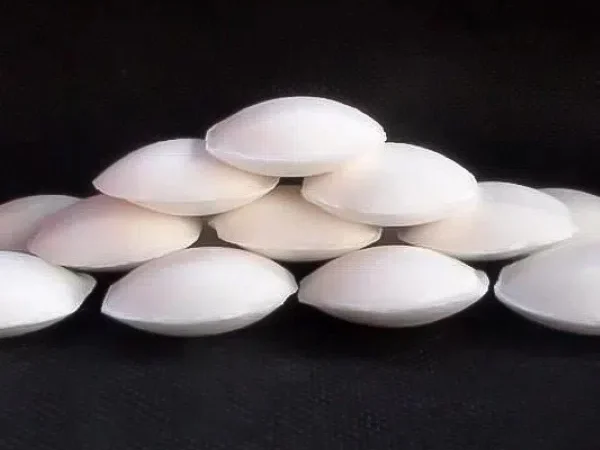
Introduction
Sodium cyanide is a crucial chemical compound widely used in various industries, such as mining, metallurgy, and chemical synthesis. Given its high toxicity and potential impact on safety and the environment, strict Quality Control measures are essential to ensure that the product meets the required Industry Standards. This blog post will explore the significance of quality control in Sodium Cyanide production and the key aspects involved in maintaining product compliance.
Understanding Industry Standards
The production and use of sodium cyanide are regulated by a series of national and international standards. These standards define parameters such as purity, chemical composition, physical properties, and safety requirements. For example, in the mining industry, the purity of Sodium cyanide used for gold extraction needs to meet specific levels to ensure efficient leaching processes. Compliance with these standards not only guarantees the proper functioning of industrial processes but also safeguards the health of workers and the environment.
Raw Material Selection
The quality of sodium cyanide starts with the selection of raw materials. High - quality starting materials are essential to produce a final product that meets industry standards. The raw materials should be sourced from reliable suppliers who can provide detailed quality documentation. Regular testing of raw materials for impurities, such as heavy metals or other contaminants, is crucial. Any impurities in the raw materials can carry over into the final sodium cyanide product, affecting its quality and performance.
Production Process Control
Reaction Conditions
The production of sodium cyanide involves chemical reactions that must be carefully controlled. Parameters such as temperature, pressure, and reaction time play a vital role in determining the yield and quality of the product. Deviations from the optimal reaction conditions can lead to incomplete reactions, the formation of by - products, or a lower - purity final product. Advanced control systems are often employed to monitor and adjust these parameters in real - time to ensure consistent product quality.
Purification Steps
After the initial synthesis, sodium cyanide typically undergoes purification processes to remove impurities. These purification steps are critical for achieving the required purity levels. Techniques such as distillation, crystallization, and filtration are commonly used. The efficiency of these purification methods needs to be regularly evaluated and optimized to ensure that the final product meets the strict purity requirements of the industry standards.
Quality Testing and Analysis
Chemical Analysis
Chemical analysis is a fundamental part of quality control for sodium cyanide. Techniques such as titration, spectroscopy, and chromatography are used to determine the chemical composition and purity of the product. Titration can be used to measure the concentration of sodium cyanide accurately, while spectroscopy can identify and quantify impurities. Regular and accurate chemical analysis helps in detecting any deviations from the standard specifications promptly.
Physical Property Testing
In addition to chemical analysis, testing the physical properties of sodium cyanide is also important. Properties such as melting point, solubility, and particle size distribution can affect the product's performance in different applications. For example, a consistent particle size is crucial for the uniform distribution of sodium cyanide in mining operations. Physical property testing provides valuable information about the product's quality and its suitability for specific industrial uses.
Quality Management Systems
Implementing a comprehensive quality management system is essential for ensuring long - term compliance with industry standards. This includes establishing standard operating procedures (SOPs) for all aspects of production, from raw material handling to final product packaging. Regular internal audits and management reviews are conducted to identify areas for improvement and ensure that the quality control processes are being followed correctly. Additionally, obtaining relevant certifications, such as ISO 9001. can demonstrate a company's commitment to quality management.
Conclusion
Quality control of sodium cyanide is a multi - faceted process that is essential for meeting industry standards. By carefully selecting raw materials, controlling the production process, conducting rigorous quality testing, and implementing effective quality management systems, manufacturers can produce sodium cyanide that is not only safe and reliable but also meets the high - performance requirements of various industries. Compliance with industry standards not only benefits the companies themselves but also contributes to the overall safety and sustainability of the industries that rely on this important chemical compound.
- Random Content
- Hot content
- Hot review content
- Featured Poducts Sodium Cyanide
- Cobalt Sulphate Heptahydrate
- Fertilizer magnesium sulfate/magnesium sulfate monohydrate
- Isobutyl vinyl ether 98% high purity certified Professional producer
- Benzonitrile
- Calcium Chloride 74% Flakes
- Industrial Sodium Nitrite 98.5%
- 1Discounted Sodium Cyanide (CAS: 143-33-9) for Mining - High Quality & Competitive Pricing
- 2China's New Regulations on Sodium Cyanide Exports and Guidance for International Buyers
- 3Sodium Cyanide 98% CAS 143-33-9 gold dressing agent Essential for Mining and Chemical Industries
- 4International Cyanide(Sodium cyanide) Management Code - Gold Mine Acceptance Standards
- 5China factory Sulfuric Acid 98%
- 6Anhydrous Oxalic acid 99.6% Industrial Grade
- 7Oxalic acid for mining 99.6%
- 1Sodium Cyanide 98% CAS 143-33-9 gold dressing agent Essential for Mining and Chemical Industries
- 2High Quality 99% Purity of Cyanuric chloride ISO 9001:2005 REACH Verified Producer
- 3Zinc chloride ZnCl2 for High Molecular Weight Polymers Initiator
- 4High Purity · Stable Performance · Higher Recovery — sodium cyanide for modern gold leaching
- 5High Quality Sodium Ferrocyanide / Sodium Hexacyanoferr
- 6Gold Ore Dressing Agent Safe Gold Extracting Agent Replace Sodium Cyanide
- 7Sodium Cyanide 98%+ CAS 143-33-9

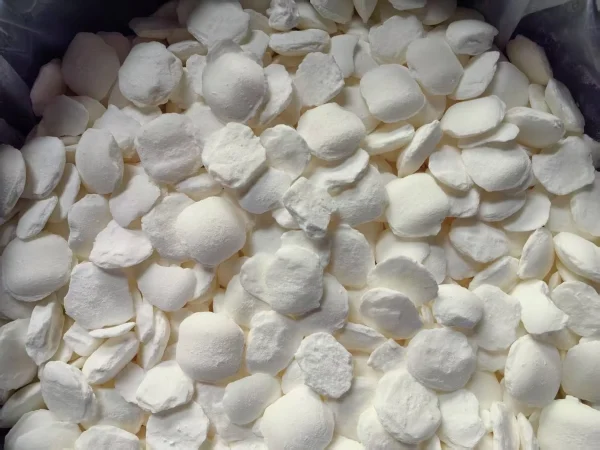
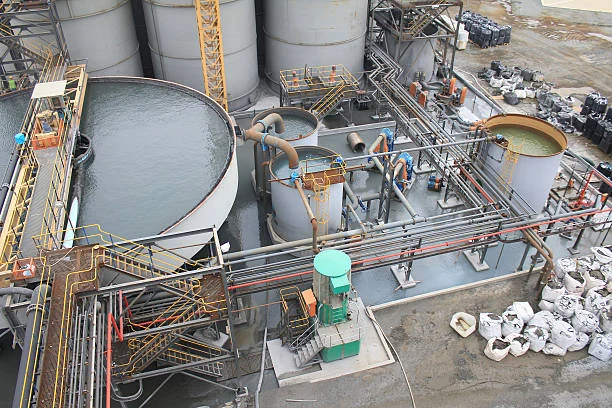
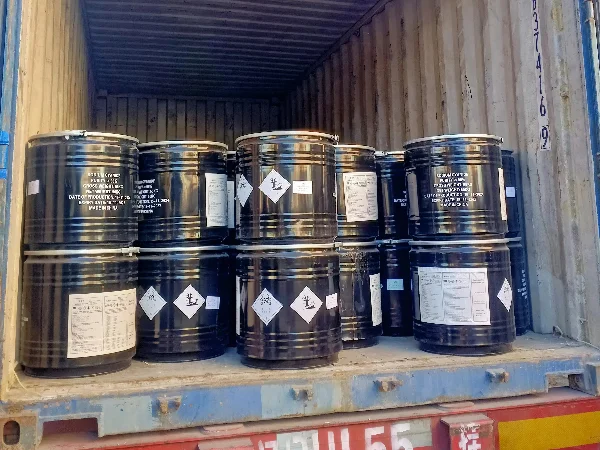
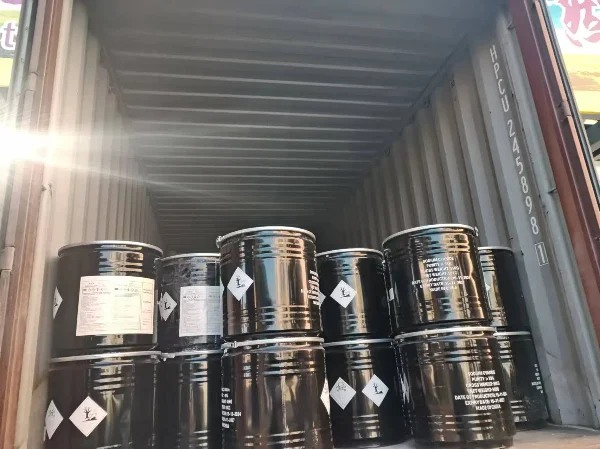

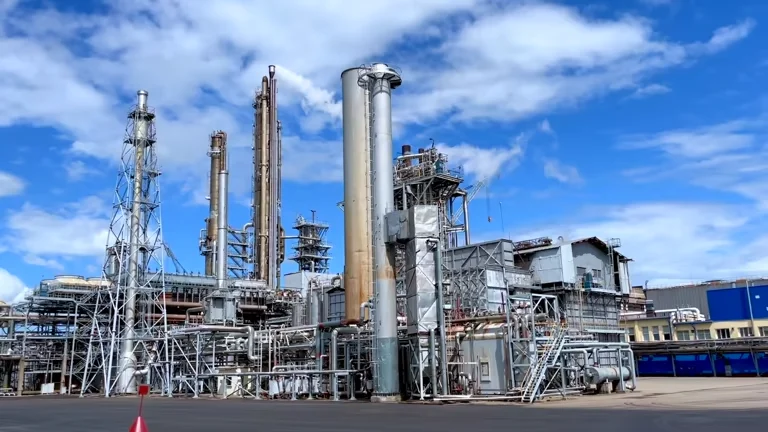



Online message consultation
Add comment: